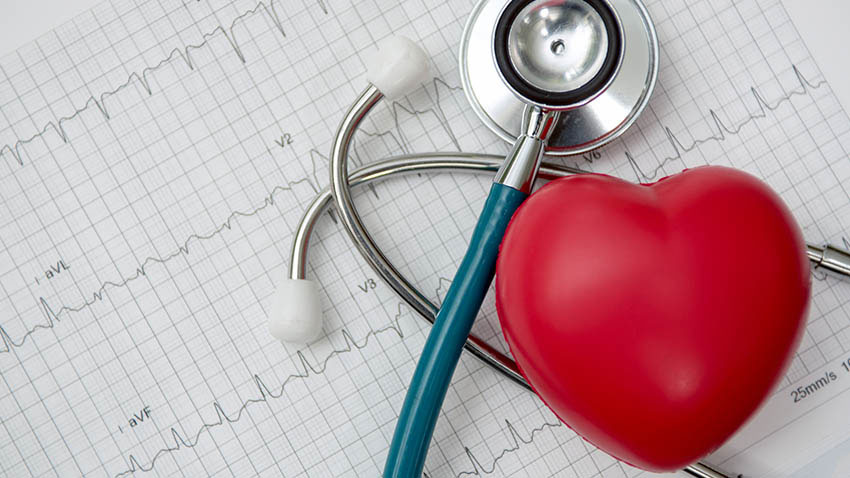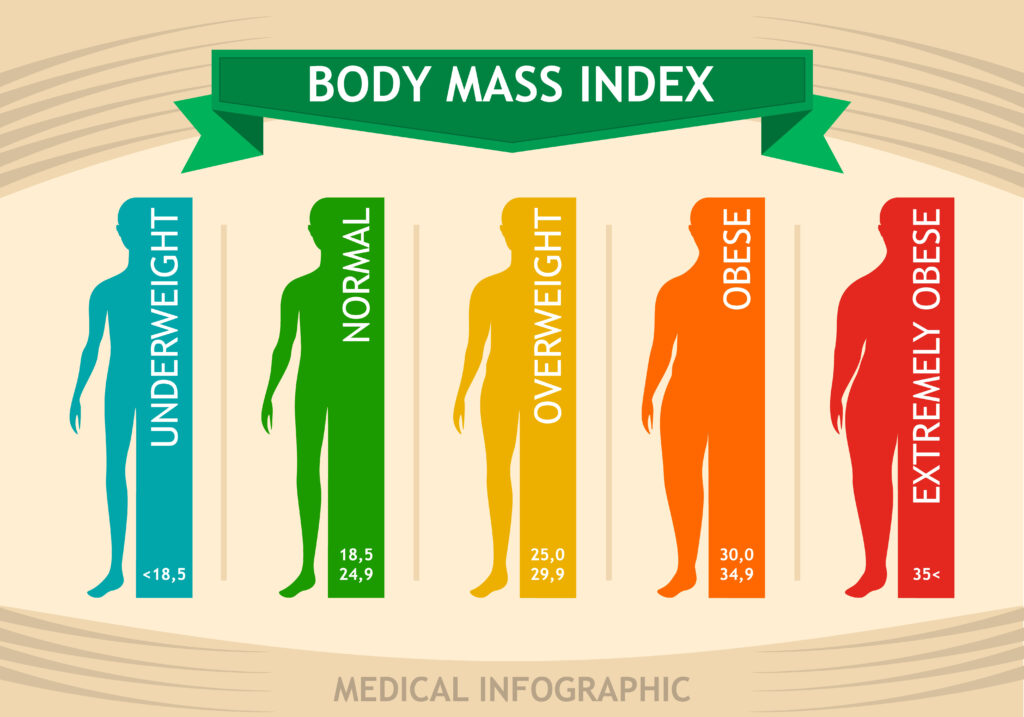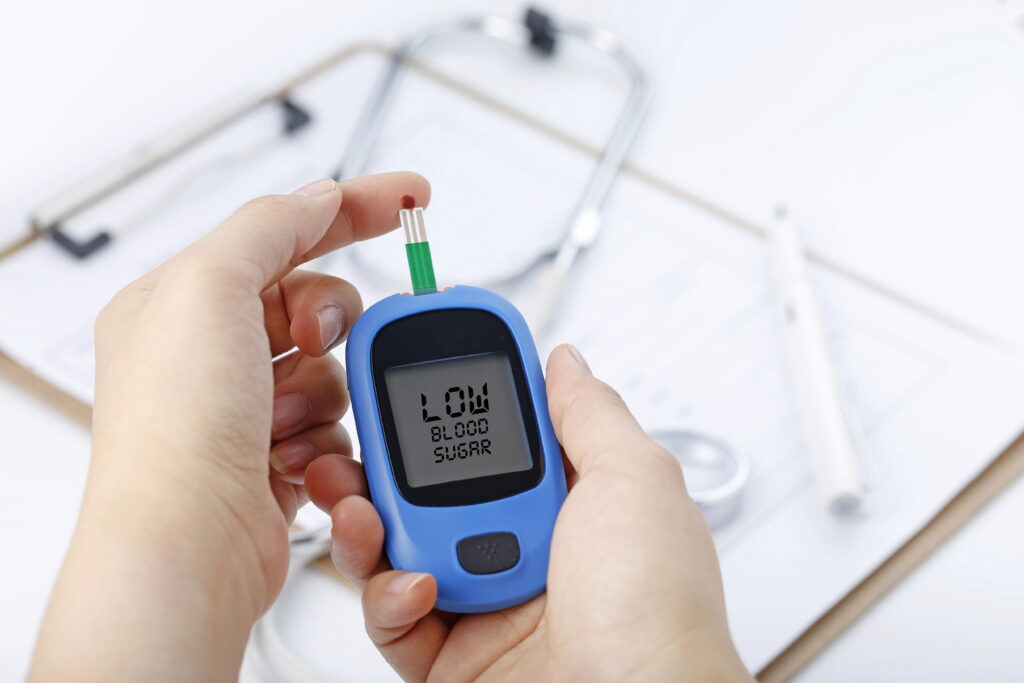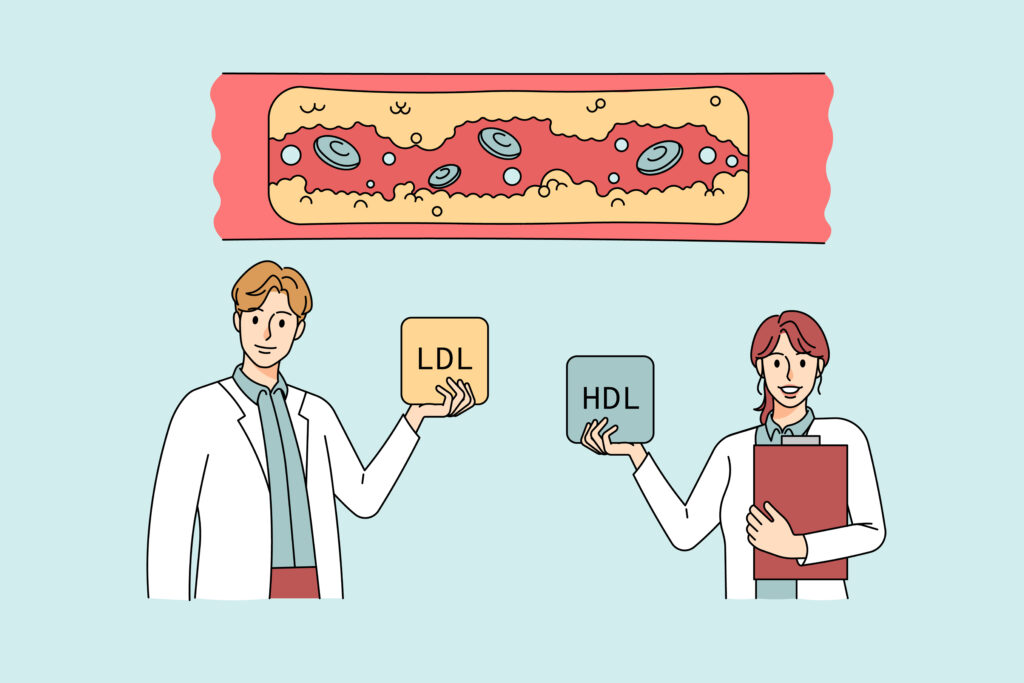
Worried about your heart?
How To Keep Your Heart Healthy
Heart and circulatory diseases cause a quarter of all deaths in the UK, that’s more than 160,000 deaths each year – an average of 460 deaths each day or one every three minutes in the UK.
Around 44,000 of which are premature (i.e. people under the age of 75).
Here are some statistics:
- There are around 7.6 million people living with a heart or circulatory disease in the UK: 4 million men and 3.6 million women.
- Coronary heart disease (CHD; also known as ischaemic heart disease) is the most common type of heart disease. It is the most common cause of heart attack and was the single biggest killer of both and men and women worldwide in 2019.
- In the UK there are as many as 100,000 hospital admissions each year due to heart attacks: that’s one every five minutes.
- Around 1.4 million people alive in the UK today have survived a heart attack.
- More than 900,000 people in the UK are living with heart failure.
These can be worrisome facts, but there is an upside: There are several things you can do now to prevent problems down the line, and even turn the clock back on some issues that may already be hurting your ticker.
What is the relationship with he NHS?
You probably already know that exercise and a good diet can keep your heart healthy. But what else can you do to help your heart healthy?
Here, we ask Dr Khan, a renowned expert from our Cardiology Service, to give his recommendations on key things you need to do every day to help your heart work most efficiently.
By incorporating these habits into your lifestyle, you can not only help take some pressure off your heart but give your overall health a major boost too.

So what is Cardiovascular Disease?
The term “Cardiovascular Disease (CVD)” is an umbrella term for all diseases of the heart and circulation, including coronary heart disease, heart failure, atrial fibrillation, vascular dementia and stroke.
CVD is one of the main causes of death and disability in the UK, to put that into context, there are twice as many people living with heart and circulatory diseases in this country than the combined total for cancer and Alzheimer’s disease.
What are the Risk factors for Cardiovascular Disease?
A risk factor is something that increases your likelihood of developing a disease.
Having one or more risk factors does not mean you will definitely go on to develop heart and circulatory disease but it does mean you should look at modifying your lifestyle and taking action to prevent or control early symptoms.

The risk factors for heart and circulatory diseases include:
- Obesity – particularly if you carry excess weight around your tummy.
- Smoking – smokers are nearly twice as likely to have a heart attack
- High cholesterol – this is the level of fat in your blood. The greater the excess of cholesterol, the higher your risk of developing heart and circulatory diseases.
- High blood pressure – This is also called hypertension.
- Diabetes – the damage caused to your blood vessels increase the chances of having a heart attack or stroke.
- Not Exercising – Leading a sedentary lifestyle can damage your heart muscle.
- Alcohol – drinking more than the recommended amount of alcohol can harm your heart and overall health.
- A family history of Cardivascular Disease – This puts you at higher risk of developing the conditions yourself.
- Prolonged Stress – This can also increase your risk of heart and circulatory problems.
5 Heart Health Numbers You Need to Know
Five simple numbers can tell you a lot about your heart health. By learning your heart health numbers, you can take an important step in lowering your risk for heart disease.

1. Blood pressure
Blood pressure is a measure of the force that your heart uses to pump blood around your body. It is measured with two numbers:
- systolic pressure – the pressure when your heart pushes blood out
- diastolic pressure – the pressure when your heart rests between beats
An example of a blood pressure reading is 120/80, read as “120 over 80.” For example, if your blood pressure is “120 over 80” or 120/80mmHg, it means you have a systolic pressure of 120mmHg and a diastolic pressure of 80mmHg.
As a general guide:
- ideal blood pressure is considered to be between 90/60mmHg and 120/80mmHg
- high blood pressure is considered to be 140/90mmHg or higher
- low blood pressure is considered to be 90/60mmHg or lower
High blood pressure is a major risk factor for heart disease because it puts a strain on your heart and arteries. Over time, your heart may become weak, this can lead to serious, even life-threatening problems such as heart attack, heart failure, and stroke.

2. Body mass index
Your body mass index, or BMI, uses your height and weight to measure your amount of body fat. Having too much body fat can raise your risk for heart disease and other medical conditions, so it’s good to know if yours is in a healthy range. Your BMI will fall into one of these ranges:
- Less than 18.5 = underweight
- 18.5 to 24.9 = normal weight
- 25 to 29.9 = overweight
- 30 or greater = obese

3. Blood sugar level
Your blood sugar level, also called your blood glucose level, shows the amount of sugar in your blood. Blood sugar levels change throughout the day as you eat and digest food. When you have your blood sugar tested, your results will fall into one of these ranges:
- Less than 100 mg/dl = normal
- 100 to 125 mg/dl = prediabetes
- 126 mg/dl or higher = diabetes
If you have diabetes, your body can’t make a hormone called insulin, which helps move sugar from your bloodstream into your cells, so your blood sugar level will be higher. Over time, this can damage your heart and blood vessels.

4. Total cholesterol level
Cholesterol is a soft, waxy substance found in your blood and all of your body’s cells. While you need some cholesterol to help you digest food and make hormones, too much can lead to heart disease. Your total cholesterol includes:
- HDL, or “good” cholesterol. HDL helps take away some LDL, or “bad” cholesterol, from your blood.
- LDL, or “bad” cholesterol. LDL can cause the buildup of plaque in your blood vessels.
A simple blood test can measure your total cholesterol level, and your results will be:
- 200 mg/dL or lower = normal
- 200 – 239 mg/dL = borderline high
- 240 mg/dL or higher = high
Having too much cholesterol in your blood cause plaque to build up in your blood vessels in a condition called atherosclerosis, or hardening of the arteries. Over time, this can make your blood vessels narrow, or even totally blocked, leading to a heart attack or stroke.
5. HDL cholesterol level
High-density lipoprotein (HDL) cholesterol is known as the “good” cholesterol because it helps remove other forms of cholesterol from your bloodstream.
Higher levels of HDL cholesterol are associated with a lower risk of heart disease. As a guide, a good test result for HDL cholesterol is 1.2mmol/L or above in women, 1mmol/L or above in men.

What You Can do to Keep Your Heart Healthy
The UK statistics on heart and circulatory diseases show how important it is to keep your heart healthy, even more so if you have one or more risk factors. Here are some important ways to keep your heart healthy and reduce your risk of CVD’s:
- Eat a healthy balanced diet – that is high in fibre and low in fat. Restrict your intake of salt and make sure you eat five portions of fruit and vegetables a day in line with government guidelines.
- Exercise – Studies show that inactive people are more likely to have a heart attack than those who are active. Exercising will help to lower your blood pressure and cholesterol as well as maintaining a healthy weight. Aim to get at least 150 minutes of moderate-intensity activity a week to lower your risk of developing coronary heart disease.
- Give up smoking – Smoking is one of the main causes of cardiovascular disease. It not only damages the lining of your arteries but reduces the amount of oxygen in your blood and raises your blood pressure.
- Cut back on alcohol – Drink no more than the recommended amount of alcohol each week. Alcohol can cause high blood pressure, abnormal heart rhythms, and damage to the heart muscle. You don’t have to give it up completely. Just follow the guidelines, which are two to three units a day for women and three to four for men.
- If you have diabetes, keep your condition under control and see your doctor if your blood pressure increases above 130/80mmHg.
- Manage stress levels – If you’re under a lot of stress, you may be more likely to smoke, exercise less, and drink more than a moderate amount of alcohol – all of which are linked with heart problems. Aim to find a regular self-care and relaxation practice that works for you, whether it is walking in nature, yoga, meeting up with friends or taking a holiday.
- Don’t forget to floss – There’s a strong link between your gum health and your heart health. A recent studied showed that periodontal disease can almost double your risk of developing heart disease. Flossing helps to remove plaque from your teeth, which, if not removed, can lead to tooth decay and tooth loss.
- Get enough sleep – Sleep is an essential part of keeping your heart healthy. If you don’t sleep enough, you may be at a higher risk for cardiovascular disease no matter your age or other health habits. Aim to get 7 to 8 hours of sleep most nights.
- Avoid secondhand smoke – Studies show that the risk of developing heart disease is about 25 to 30 percent higher for people who are exposed to secondhand smoke at home or work. This is because the chemicals emitted from cigarette smoke promote the development of plaque buildup in the arteries.
If you are concerned about your heart health or if you are experiencing worrying symptoms, we have a comprehensive full Cardiology service for your peace of mind. Our team of leading Cardiologists can do a thorough assessment, diagnose any problems and recommend any preventative measures as well as possible treatments.
How Greater Lancashire Hospital can help:
- ECG
- 24/48/72 Hour ECG Monitoring
- Echocardiograms
- Urgent appointments accommodated
Get in contact
For more information or to book a consultation with one of our leading specialists, contact our team by calling 01772 663977, or you can email on:
